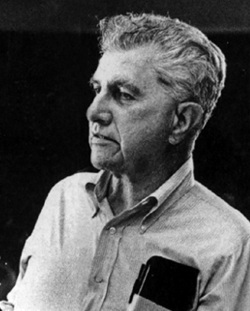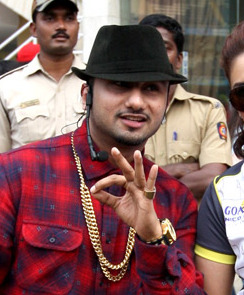A Quote by Abbas Kiarostami
I had intended to make another film, called Pocket Money, which was to be about children at a school. I was very much intrigued by the story [of Close Up] - it came into my dreams and I was very much influenced by it. So I called my producer and asked that we put aside Pocket Money and start something else, and he agreed.
Related Quotes
I'd been influenced by reading books on art and colonies that existed in Paris and places like that and so when I came to Europe I came to France and I had very little money, and I had to live low and stayed in a bohemian section of Paris with a lot of other students, who were from medical school, science school and art school. We all lived in a kind of communal way and I was challenged politically, because I didn't have a clue and they would ask me questions about the Algerian War, which was very big in France in the late '50s.
In 2011, I released my first album called 'International Villager.' I had no support, and whatever money I had made, I put it all in the album. I shot the music video for 'Brown Rang' with one lakh dollars. I spent so much money, as I just wanted to put it up on YouTube, as I knew that my market was there, and it became a huge hit.
For mines are for men, not for money. And money is not something to go mad about, and throw your hat into the air for. Money is for food and clothes and comfort, and a visit to the pictures. Money is to make happy the lives of children. Money is for security, and for dreams, and for hopes, and for purposes. Money is for buying the fruits of the earth, of the land where you were born.
With money we really fool ourselves. We are our biggest enemies with money and there are some things we can do about it. Automatic deductions are a wonderful thing. But ideally, you should wait until the end of the month, you can see how much extra money you had, and you should put that in your savings account. We don't do that too well, and if we did that, we would never save. So, what we do, is we take money out of our pocket into the saving account at the beginning of the month, take it outside of our control and as a consequence, we spend less and we save more.
When a man spends his own money to buy something for himself, he is very careful about how much he spends and how he spends it. When a man spends his own money to buy something for someone else, he is still very careful about how much he spends, but somewhat less what he spends it on. When a man spends someone else's money to buy something for himself, he is very careful about what he buys, but doesn't care at all how much he spends. And when a man spends someone else's money on someone else, he does't care how much he spends or what he spends it on. And that's government for you.




































